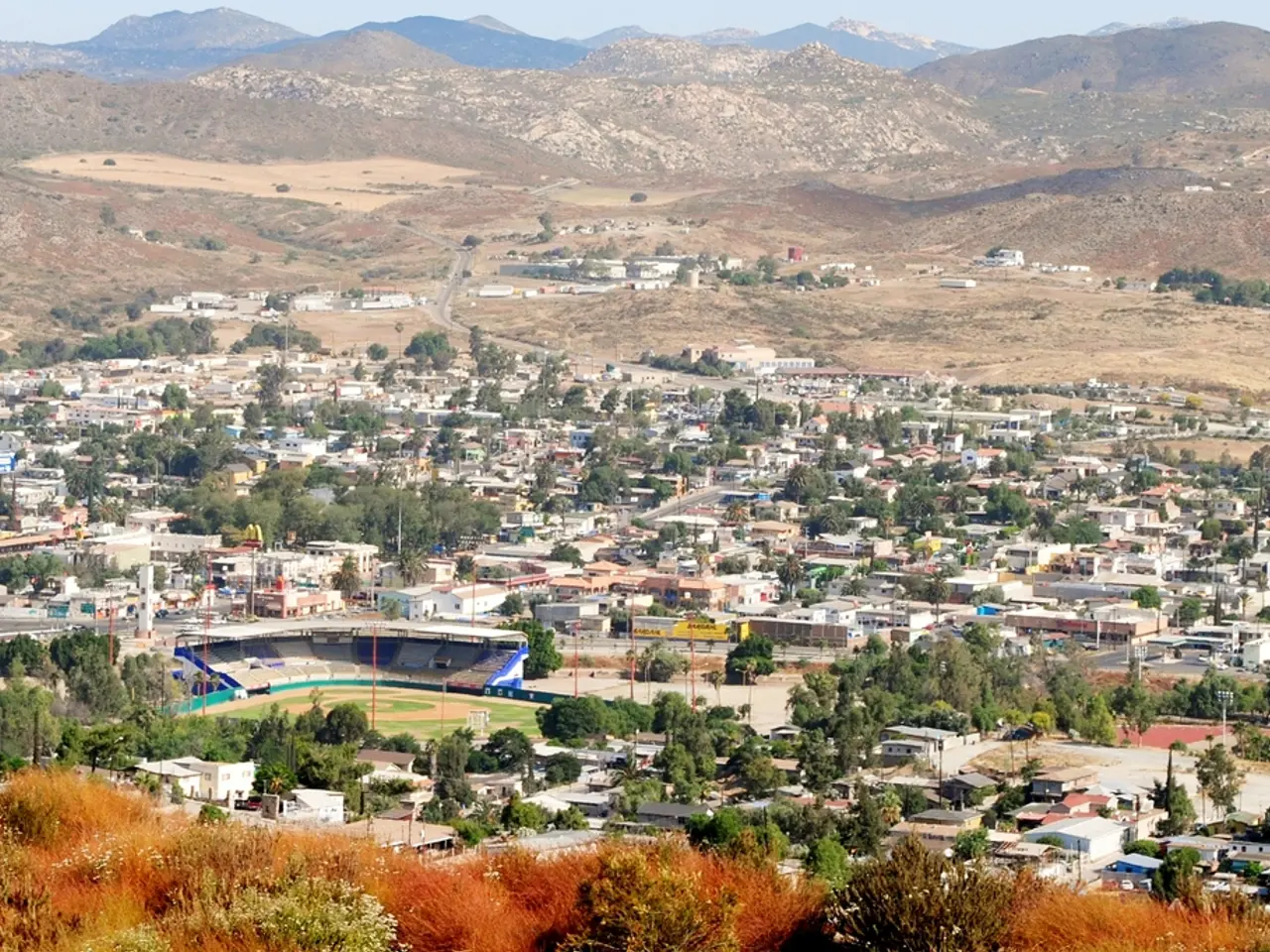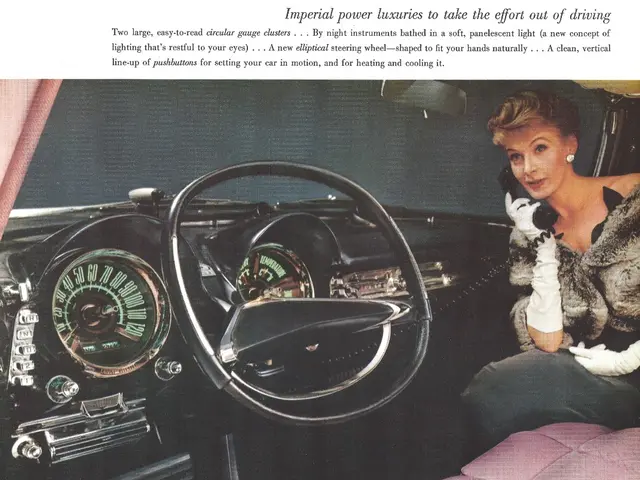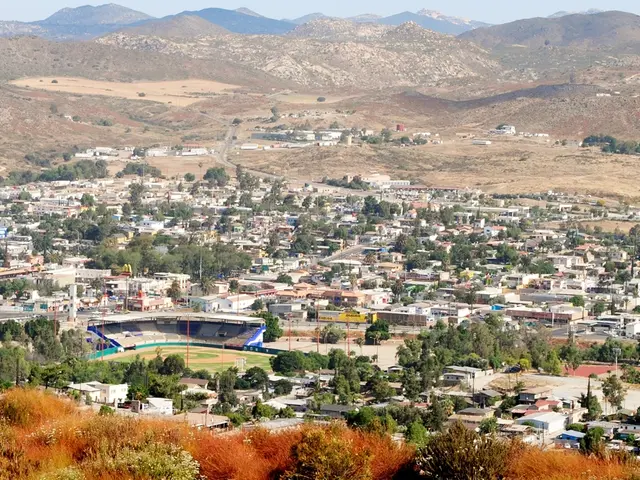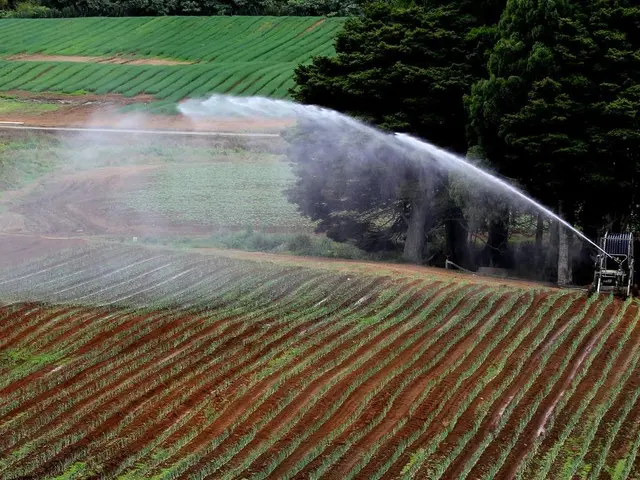Forced removal of undesirable elements in Washington D.C.
In a surprising move, President Donald Trump's recent policies towards homeless individuals in the United States, including Washington D.C., have shifted the focus from housing and social services to public safety and criminal justice.
On July 24, 2025, Trump issued an Executive Order titled "Ending Crime and Disorder on America’s Streets," which directs states to move homeless individuals into long-term institutional settings via civil commitment for treatment of mental health and addiction issues. The order emphasizes the protection of public safety by addressing homelessness through enforcement, mandated treatment, and expanded use of police, rather than housing-based solutions.
This departure from the "Housing First" model, which prioritizes permanent housing and voluntary supportive services for the homeless, has been met with criticism. The National Homelessness Law Center has strongly condemned the Executive Order, calling it misguided, rooted in outdated and racist myths, and likely to worsen homelessness by criminalizing poverty and mental illness rather than addressing root causes like housing affordability.
In Washington D.C., as elsewhere, these policies raise concerns about their impact on public health and civil liberties. Critics argue that the enforcement-focused measures could push more people into tents, cars, and streets, and that forced institutionalization undermines human rights and proven solutions to homelessness.
Meanwhile, the lack of affordable housing has brought the number of homeless people in the US to a new record high. Despite this, Trump has shown displeasure towards the presence of homeless people near his golf course in Virginia and has suggested housing the homeless elsewhere, preferably far from the US capital.
Trump's actions have also been criticized for aiming to seize control of democratically governed metropolises through authoritarian measures. The president's supporters have been offered an alternative target to vent their frustrations, in this case, the homeless population. However, it's important to note that the article does not explicitly mention any new facts about Trump's comparison of the homeless to criminals or his potential threat to deploy the National Guard.
The decrease in crime rates in Washington, excluding gun-related homicides, does not seem to justify the harsh measures taken towards the homeless. Moreover, Trump's plan does not address the issue of hidden gun-related crimes in Washington, nor does it consider the potential human rights implications of forcibly relocating homeless individuals.
As the debate continues, it's crucial to remember that homelessness is a complex issue that requires comprehensive, humane, and effective solutions. The focus should be on providing housing, economic relief, and supportive services to those in need, rather than criminalizing or stigmatizing them.
[1] National Homelessness Law Center. (2025). Statement on Trump's Executive Order on Homelessness. [online] Available at: https://www.homelessnesslaw.org/statement-on-trumps-executive-order-on-homelessness/
[2] Housing and Urban Development. (2025). Fact Sheet: Trump Administration's Plan to End Homelessness. [online] Available at: https://www.hud.gov/sites/dfiles/Filo/documents/EndingHomelessnessFactSheet.pdf
[3] ACLU. (2025). Trump's Executive Order on Homelessness: A Civil Liberties Concern. [online] Available at: https://www.aclu.org/news/trumps-executive-order-homelessness-civil-liberties-concern








